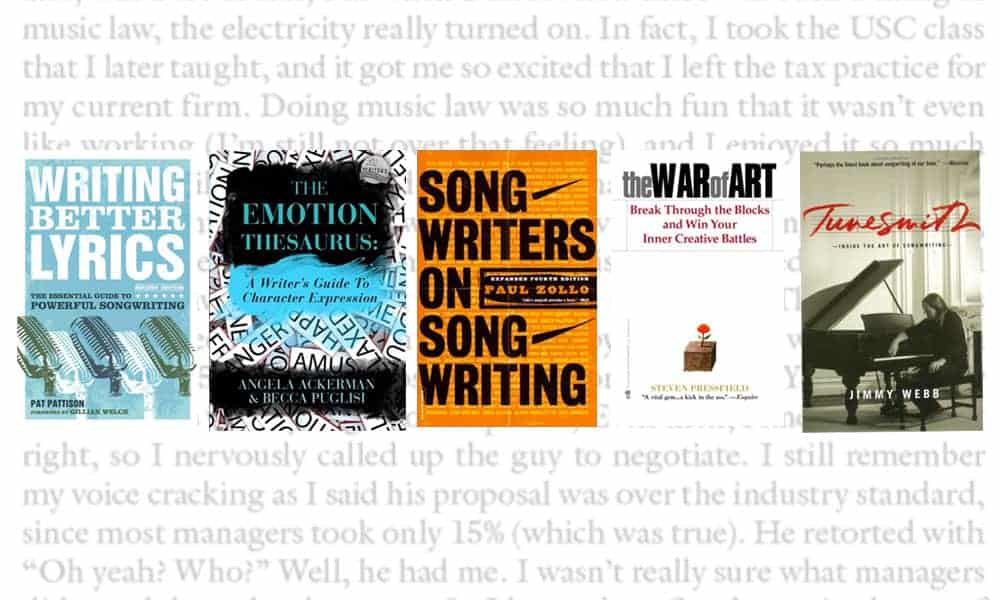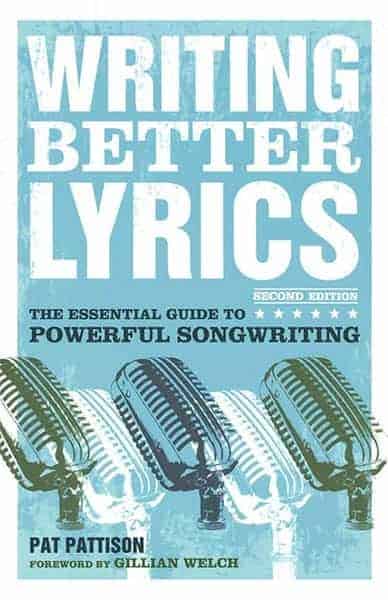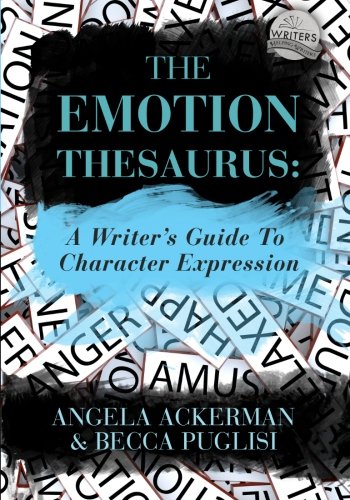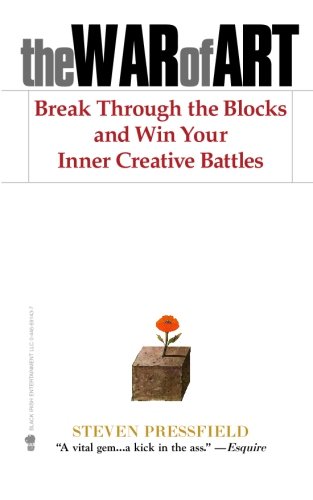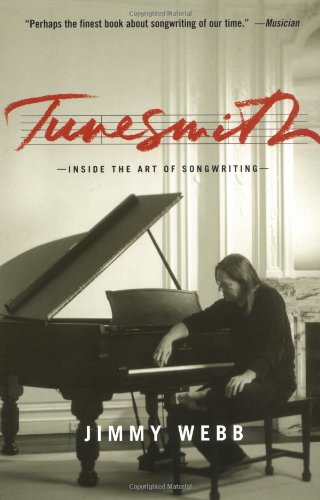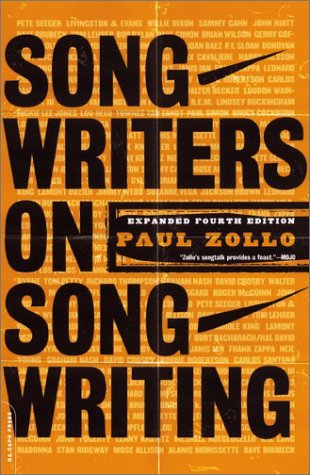On our last reading list, one book received our recommendation above all the rest. Well, this list has another superstar book which is simply unmatched for practical usefulness and quality, and that’s Pat Pattison’s Writing Better Lyrics.
Pattison teaches songwriting at the Berklee School of Music, and his students have gone on to win multiple Grammy awards. Two of those students actually contributed back to a chapter in Writing Better Lyrics: Gillian Welch and John Mayer. It’s no surprise this book has been a staple of songwriters for twenty years.
Lyric writing is a technical art. The stronger your technical ability, the better you are able to express your ideas in a song. This doesn’t mean you have to deconstruct and crush the magic out of your songs; instead, it’s about making sure that when the magic shows up, you’re not held back by your technical ability. You can write exactly what you want to say, how you want to say it.
There’s no better source to learn the tools of lyric writing than Pattison’s book. He doesn’t simply toss out facts about rhyming and rhythm; instead, he gives an in-depth explanation of why a concept works, how it makes a listener feel, and he’s provided dozens of exercises and tools which teach:
- How to build a song’s emotional impact with imagery
- How to push a song’s momentum with repetition, without causing boredom
- How to avoid cliché and invent original metaphors
Writing Better Lyrics is best thought of as a solid overview or blueprint of the tools of songwriting, rather than a detailed examination.
